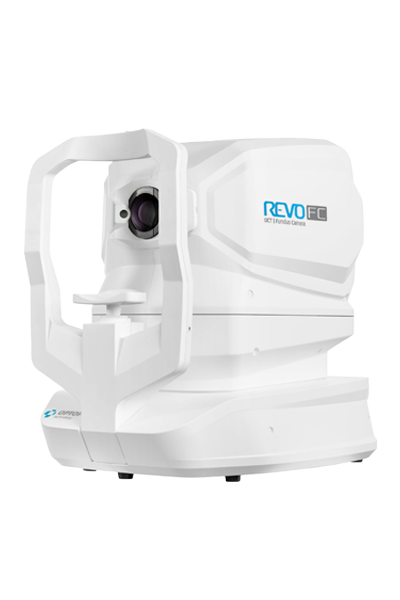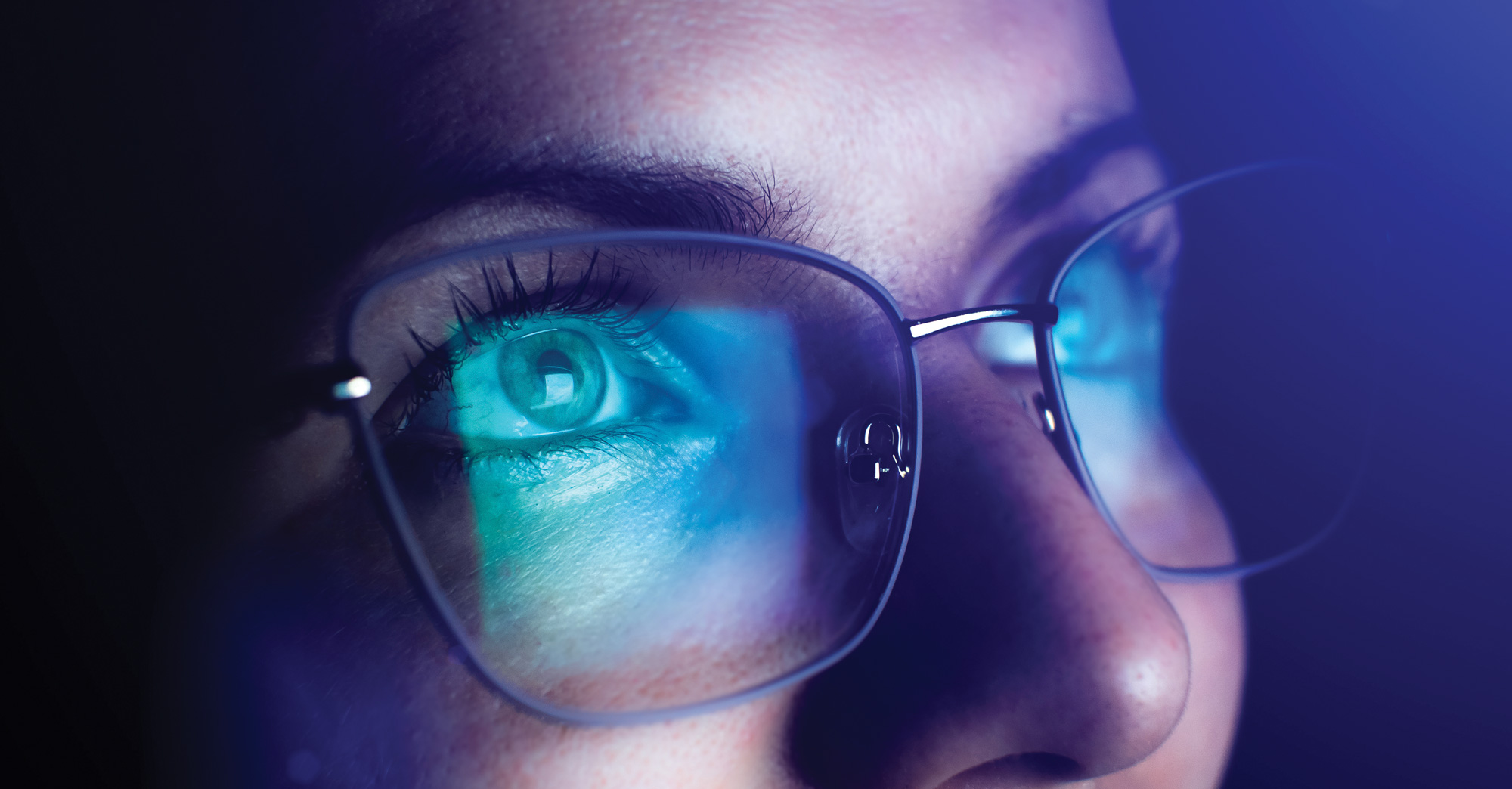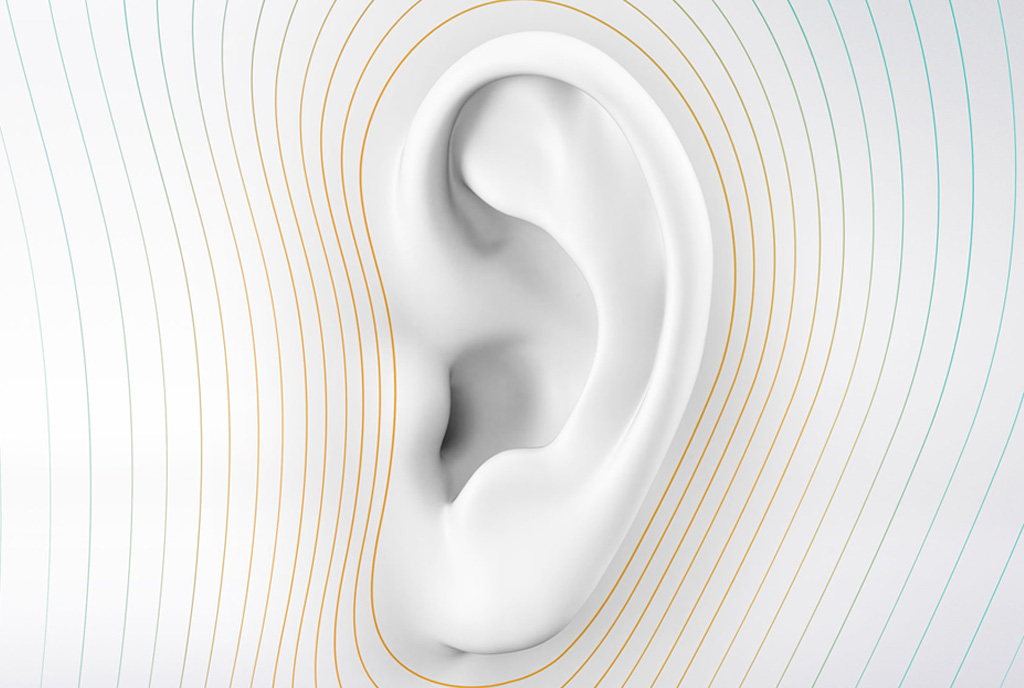The OCT Scan
We now offer the option of having an optical coherence tomography scan, as part of your eye examination, or during a separate visit.
WHY DO I NEED OCT SCAN
Introduction
The OCT scan provides the optometrist with additional information that can help contribute to a more accurate diagnosis and a more detailed record of the health of your eyes. One of our clinical assistants takes high-quality scans of the retina (back of your eye) which enables the optometrist to detect abnormalities in the different retinal layers and monitor changes over time. The images produced provide information about your eye health and may help your optometrist detect some eye conditions, such as glaucoma, diabetic retinopathy or age-related macular degeneration (AMD), with a greater degree of confidence. There is an additional charge for an OCT scan.
Should I Have An OCT Scan?
The routine eye examination is good at detecting signs of eye disease. However, it can sometimes be difficult for your optometrist to decide whether the back of your eye is normal or if there is an abnormality that needs treatment. Without an OCT scan the optometrist may refer you to hospital to have this done. However, as we have an OCT machine we can offer to investigate this for you to see if you need to be referred for treatment.
OCT scans can also be used to monitor the progress of signs of ageing or wear and tear in your eye, and it may be beneficial to have an OCT scan to use as a record of what is normal for you. Your optometrist can then compare any scans taken at future appointments with this baseline scan to help them detect subtle changes which could be an early sign of some eye conditions. Regular monitoring is important as changes to your eyes can occur slowly and subtly, without causing any symptoms.

Frequently Asked Questions
How does the OCT scan work?
You will be asked to sit in front of the scanner and rest your chin on the chin rest. The machine will scan your eyes using low powered laser light to take images of the structures inside your eye, most commonly your retina – the thin layer of tissue that lines the back of the eye – and your optic nerve.
It scans your eye without touching it. The scan itself only takes a matter of seconds. It is totally non-invasive: nothing touches your eye, therefore there is no discomfort. When it is finished, your optometrist will review the results separately, and they can be shown to you at a separate appointment or your next eye examination.
Is An OCT Scan Safe?
The OCT scanner is CE marked and the low powered laser light is safe, and cannot harm your eye. The OCT scan is suitable for use with people fitted with pacemakers or metallic implants and you can wear your hearing aid throughout the procedure.
What Does It Detect?
The OCT scan can help your optometrist detect numerous eye diseases, even in their early stages. Three of the most prominent eye conditions that can lead to blindness if not treated are:
1. Glaucoma
Glaucoma is a group of eye diseases in which the optic nerve, which connects the eye to the brain, is damaged by the pressure of the fluid inside your eye. It can affect one or both of your eyes and can lead to sight loss if not treated.
2. Diabetic Retinopathy
If you have diabetic retinopathy, the small blood vessels in your retina leak blood and fluid into the retina – the light-sensitive layer of cells at the back of your eye. Although this does not affect your vision in the early stages, if it is left untreated it may lead to sight loss.
3. Macular Degeneration
Age-related macular degeneration (AMD) is the leading cause of sight loss in the UK – affecting more than 600,000 people. However, most people with AMD can see well enough to get around. The macula is an area at the back of your eye that is responsible for your central vision, most of your colour vision and making out fine detail. When the macula is damaged, it becomes harder to recognise faces, or to read or watch television. However, the edge of your vision (peripheral vision) is not normally affected.
What will happen to the images?
Your optometrist will keep your images on your file. They will refer to your previous scan the next time you have your eyes examined to see if there have been any significant changes to your eye.
References:
https://lookafteryoureyes.org/eye-examinations/the-oct-scan/
https://lookafteryoureyes.org/eye-conditions/glaucoma/
https://lookafteryoureyes.org/eye-conditions/diabetic-retinopathy/
https://lookafteryoureyes.org/eye-conditions/age-related-macular-degeneration-amd/














